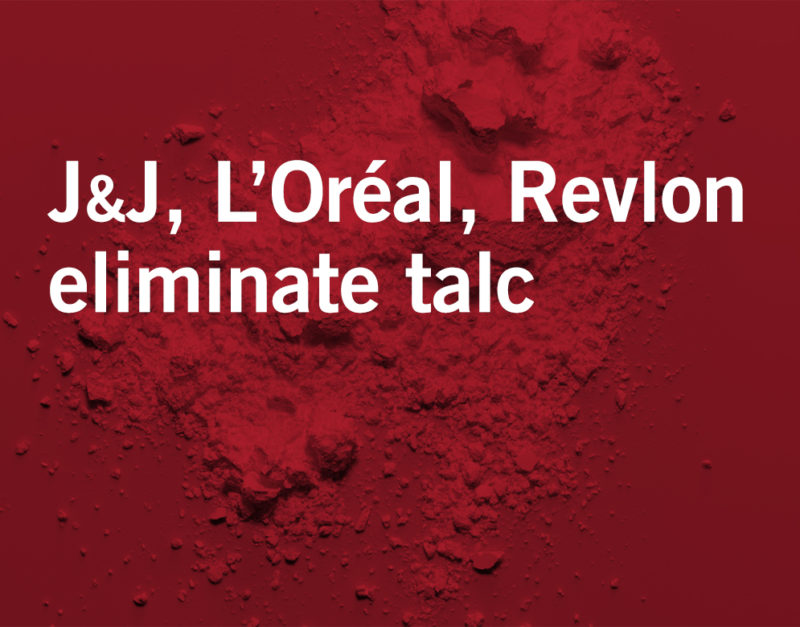 November 25, 2020
November 25, 2020 In 1956, an Ohio consulting lab reported on Johnson & Johnson’s (J&J) tainted talc, making it the first of many complaints to describe the Italian-supplied mineral as “contaminated” and “carcinogenic”. Over the decades, J&J has faced thousands of lawsuits alleging that its talc-containing products, most notably, Johnson’s Baby Powder, cause cancer. As of May 2020, however, the multinational corporation announced that it would stop selling the talcum-based powder in the United States and Canada after being ordered to pay out billions of dollars in lost legal battles.
Asbestos Lurking in J&J Products
For years, The World Health Organization and other credible authorities have recognized that no level of exposure to asbestos is safe. While most people exposed never develop cancer, for some individuals, even the smallest amounts of asbestos are enough to trigger a disease like mesothelioma or lung cancer. The slow and silent properties of asbestos render illnesses hidden for long stretches of time. Many plaintiffs allege that the amounts inhaled when they dusted themselves with Johnson’s tainted baby powder were enough to cause ovarian and other cancers.
Evidence of what J&J knew surfaced after people who suspected that talc caused their cancer hired experienced asbestos attorneys. In the decades-long surge of litigation involving individuals exposed to asbestos, J&J continually evaded mesothelioma trial lawyers’ requests for the the company’s testing documentation of J&J products to prove that traces of asbestos were found and knowingly present in talcum-powder when it was sold in stores.
Discontinuing Johnson’s Baby Powder
In a long overdue statement from its representatives, Johnson & Johnson announced on May 19, 2020, that its legacy talc-based baby powder would be discontinued. The decision was made due to the obvious decline in demand for the product and the negative publicity surrounding it, not because the company acknowledged the hazardous nature of its production. In fact, it continues to deny allegations that the powder is responsible for the health problems of countless individuals who have filed suit. Nonetheless, this change has prompted other brands to move away from using any talc in their products.
Corporate Giants Moving Away from Talc
In a Reuters Exclusive, three of the biggest brands in cosmetics are revealed to be quietly moving away from using talc amid the surge of cancer lawsuits and consumer concerns. Chanel, Revlon, and L’Oréal are all looking to invest in either the removal of the mineral from products, or safer and more positive alternatives of it.
While luxury giant Chanel has assured the public of the safety of its loose face powder, a 2016 lawsuit has made it reconsider removing the talcum product from the market to meet customers changing needs and expectations.
Meanwhile, a Revlon spokesman told Reuters the company has removed talc from its various body products without specifying when or why this change occurred. He also refused to comment on the ongoing litigation the cosmetic brand is facing due to asbestos claims.
In the case of the world’s largest beauty company, L’Oréal has decided to suspend the use of talc despite not having detected any trace of asbestos in raw materials. However, looking for a talc replacement has not been ideal. While well-known partial alternatives do exist, none meet the same standard of performance for L’Oréal products.
How We Help Victims of Talc Exposure
Seek justice with the help of our experienced talc attorneys. Our talc law firm has represented individuals like you affected by talc and asbestos exposure for over 20 years, aggressively fighting the corporate giants responsible for their dangerous products. If you or a loved one were exposed to talc or asbestos and suffer from ovarian cancer or mesothelioma, we can help.


